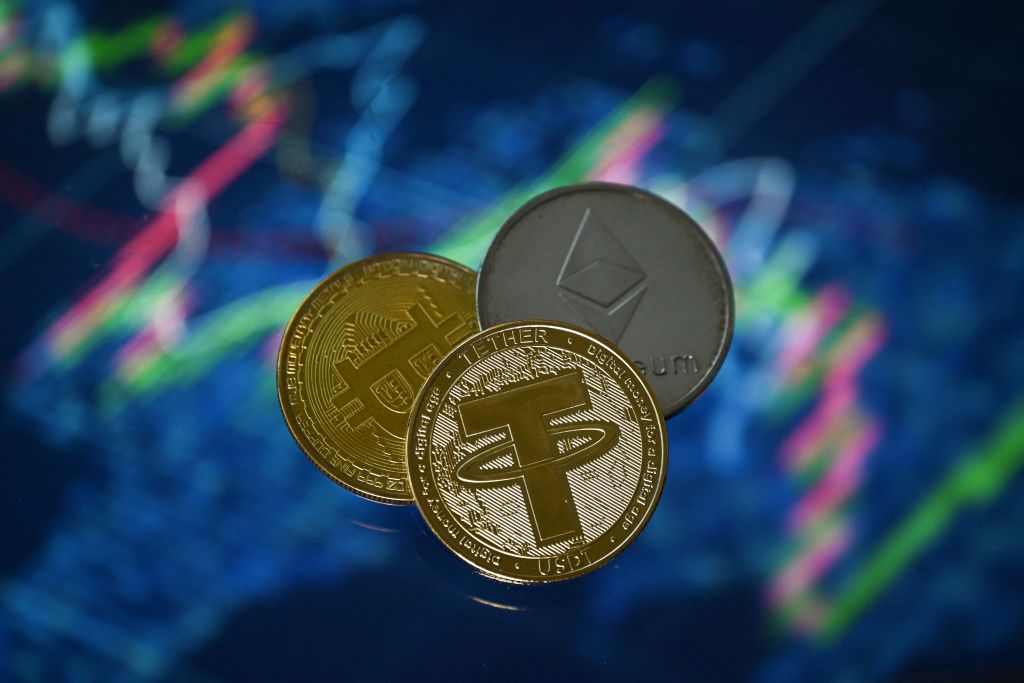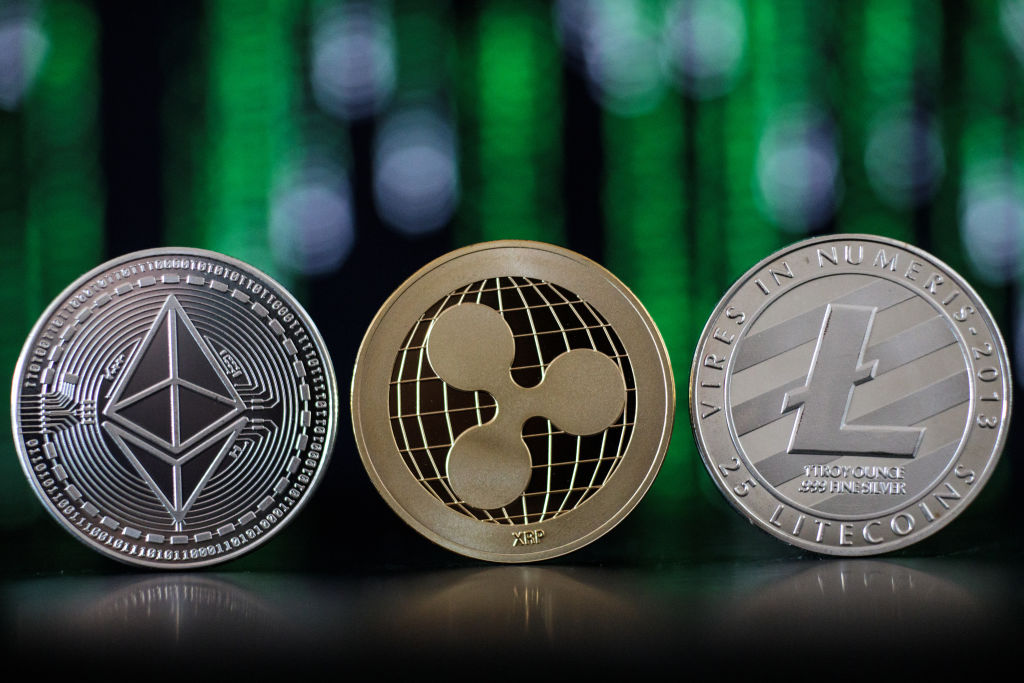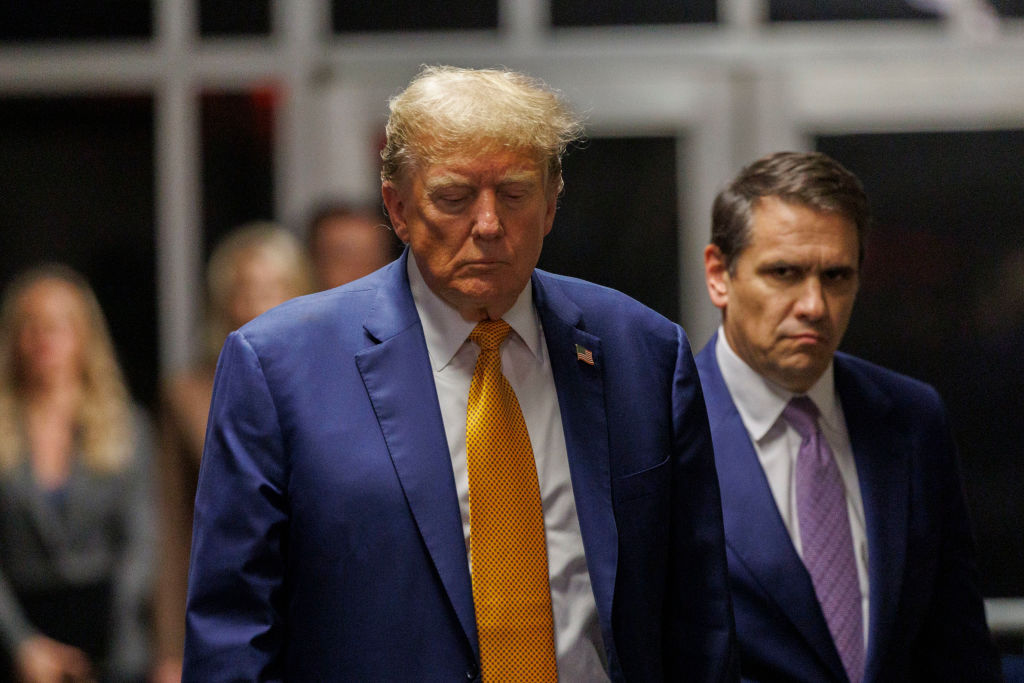Game Over for Apple? U.S. Sues Apple Calling for a Monopoly
Ah, the tech world - never a dull moment, especially when giants like Apple find themselves in the hot seat. In what could be likened to a plot twist in a tech thriller, the U.S. Department of Justice, backed by a squad of 15 states, has thrown down the gauntlet, suing Apple over what they're calling an illegal monopoly in the smartphone market.
But this isn't just any monopoly accusation; it's got a specific target - the gaming marketplace. Yep, you heard that right. The DOJ is not playing games here (pun intended).
The Core of the Apple Controversy
So, what's the juicy core of this legal fruit fight? The DOJ claims that Apple's stranglehold on the iPhone ecosystem, particularly how it controls the App Store, is more than just a competitive edge; it's an unfair play in the digital marketplace. Imagine being a game developer, ready to launch the next big thing since sliced bread or, let's say, "Angry Birds." But there's a catch: to reach iPhone users, you've got to go through Apple's App Store, where they set the rules, the fees, and essentially, the fate of your game.
I remember chatting with a buddy of mine, an indie game developer, who described trying to navigate the App Store's regulations as "trying to score a goal in Quidditch while blindfolded... on a broomstick that's also trying to buck you off." Hyperbolic? Maybe. But it illustrates the frustration many developers feel.
Why This Lawsuit Matters
This lawsuit isn't just a legal scuffle; it's a signal flare for change in how tech behemoths operate and compete. With comparisons drawn to Chainlink, the implications of this case could stretch far beyond Apple, potentially setting new precedents for market competition and innovation.
Apple's Defense
Apple, for its part, isn't biting the forbidden fruit without a fight. Their response? A staunch defense of their business practices, arguing that their approach not only fosters healthy competition but also sets high standards for privacy and security. They're essentially saying, "Hey, our walled garden keeps the bad apples out."
Wrapping It Up
As this legal drama unfolds, it's clear that the outcome could have significant implications for consumers, developers, and the broader tech industry. Will Apple have to change its App Store practices? Could this lead to a more open ecosystem for app developers? Or will Apple manage to defend its turf successfully?
One thing's for sure: in the tech world's game of thrones, the battle for the Iron Throne of the smartphone market is heating up, and all eyes are on Apple as they prepare their defense. Stay tuned, folks - this saga is far from over.
Related Article: Senate Adopts Stopgap Spending Measure, Preventing Immediate Government Shutdown












